

Industrial Production
Industries are not widespread in the District however; there are few notable industries as follows.
Agro Processing
Gari processing is done by women using various traditional methods at Mafi Kumase, Anfoe, Mawoekpor, Kpedzeglo, Juapong, Bakpa – avedo areas. The technology and equipment used are indigenous. The main weakness of the traditional processing however is the low labour productivity and product quality.
Adidome Brick and Tile Factory
This was established to exploit the fine clay deposits around Adidome to produce bricks for the housing sector. It employs a labour force of about 40. There is a high demand for the burnt bricks from the factory, but production is inadequate.
Pottery production
Women are engaged in pottery and earthenware dishes production at New Bakpa and Kpoviadzi for the local and external markets. These are done on part-time and full – time basis. Output is low while the markets are limited. It could be organized into viable women’s groups and supported with credit to make them viable. There are similar projects at Vome in the Sogakope District, which has developed into an export market. There are also small –scale weavers at Mafi Akyemfo.
Juapong Textile Factory
The Government’s efforts at re-activating the country’s distressed but viable industries to create jobs has taken a giant step with the re-opening of the Juapong Textiles Limited in the North Tongu District of the Volta Region by President John Agyekum Kufuor.
Now named Volta Star Limited, the refurbished factory is being operated as a joint partnership between the Government and U-Rich Limited, a Chinese textiles and garments giant. Currently, it is employing 185 people including five management staff from China and at full capacity, the personnel would number 800. The Chiefs and people in the area defied a heavy downpour to witness the inauguration.
President Kufuor said the revival of the factory under the Government’s District Industrialisation Programme was based on the company’s strategic importance in terms of the utilisation of locally grown cotton and the extent to which it could accelerate the economic development of the district and the adjoining ones and help to resuscitate the nation’s textile industry.
He said the partnership with the reputable Chinese Company was significant, because of the extreme competition in the international textile market in which, China is the undoubted leader.
President Kufuor said as opportunities for work returned to the area, it was important for the entire workforce to learn to cultivate the best work ethic that was crucial to the continued survival and success of the company. The mindset must be that each individual’s fortunes are tied up with that of the factory.
He stated that the Government would closely monitor the operations of the company to make sure that the investment put into its re-opening yielded the desired result.
Mr. Allan Kyeremateng, Minister of Trade, Industry and PSIs, said the re-activation was significant as it would send a strong signal about the Government’s commitment to revive collapsed industries that have the potential to give jobs to the people.
He said the restoration re-establishes the fundamental premise underpinning the Government’s development agenda, which was to stabilise the economy to create the platform for job openings.
The Juapong Textiles Limited was established as a public-private partnership in 1968 to produce greybaft, but folded up about a year and a half ago, following the filing for liquidation by the Dutch giant Briscoe, that was operating it.
Date Created : 11/17/2017 8:25:52 AM

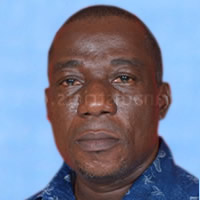
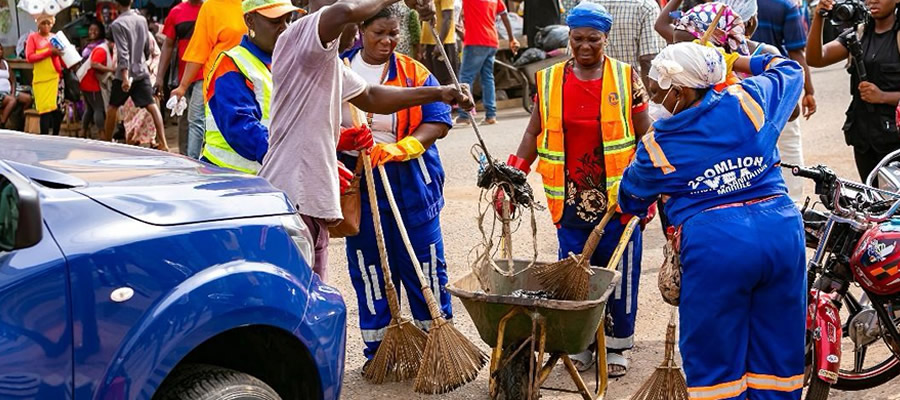
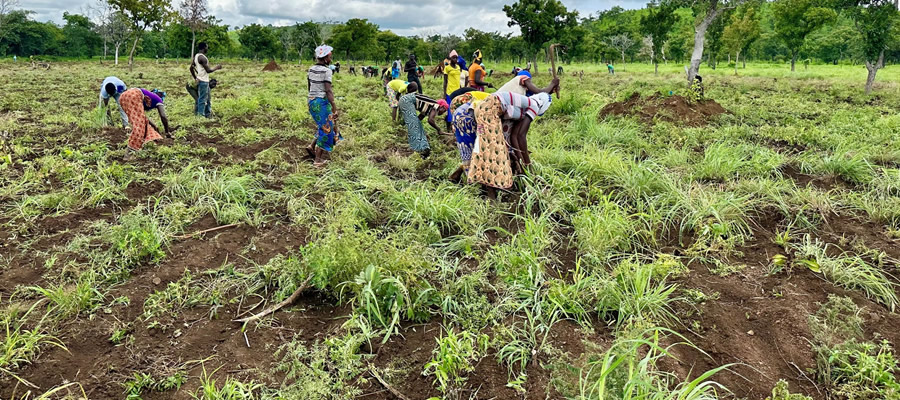
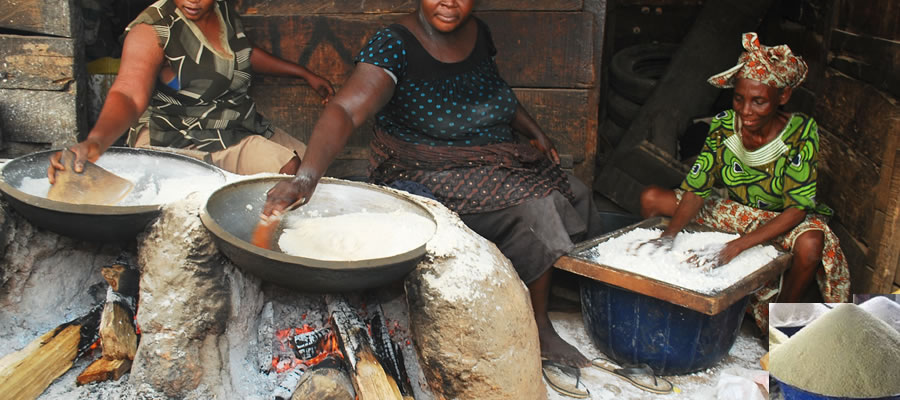
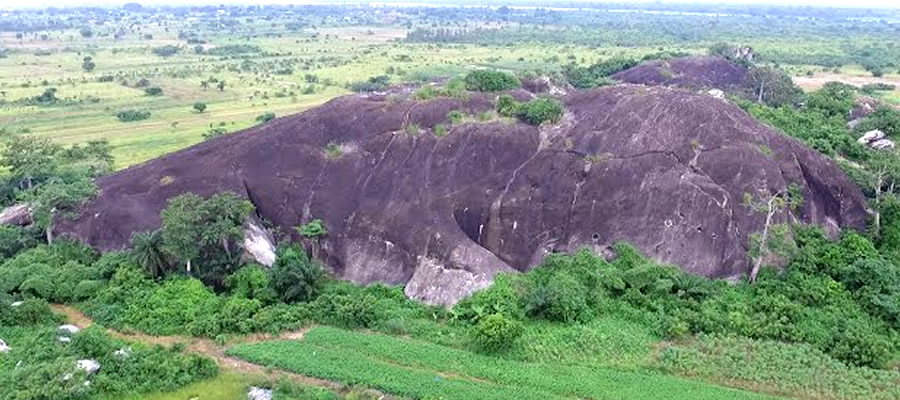
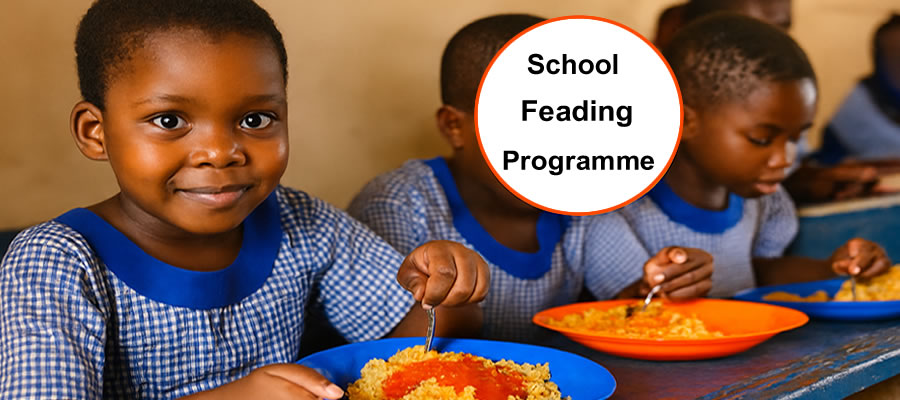




 facebook
facebook
 X
X
 Youtube
Youtube
 instagram
instagram
 +233 593 831 280
+233 593 831 280 0800 430 430
0800 430 430 GPS: GE-231-4383
GPS: GE-231-4383 info@ghanadistricts.com
info@ghanadistricts.com Box GP1044, Accra, Ghana
Box GP1044, Accra, Ghana